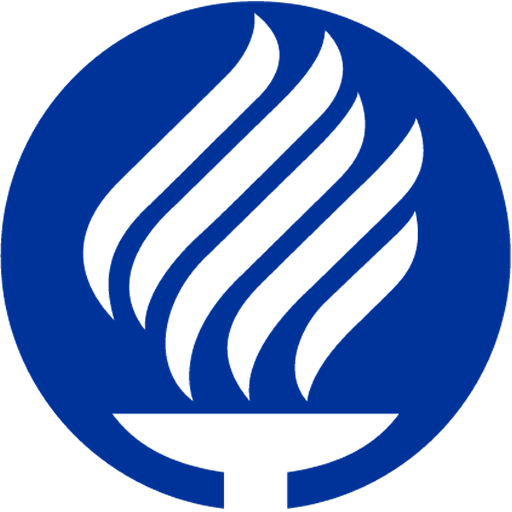From the gap to the connection: Journalistic roles in contexts of risk
Main Article Content
The article’s aim is to identify the enabling factors of the connections between journalistic role conception and perception of its practice, shared by journalistics of two digital media oriented to investigative journalism in Latin American countries with different media systems, Quinto Elemento in Mexico and Periodismo de Barrio in Cuba. For this, the qualitative method was applied, using the interview technique for gathering information and tools of knowledge representational for processing and analysis.
Both media predominates a professional representation based on traditional conceptions and ideals of journalism functions in society, although the fusion between roles was also observed, depending on contextual variations. In addition, a high connection was identified between the conception and perception of journalistic roles practice, so investigative journalism and the high ethical-professional standard are part of the discursive construction of the identity of each journalistic organization. The connections between conceptions and perceptions of practice obey, substantially, interrelated processes at the organizational level, but also to individual factors. The factors associated with the environment were perceived, fundamentally, as obstacles.

 Blog
Blog
 Instagram
Instagram
 Google
Google
 Tec de Monterrey
Tec de Monterrey

